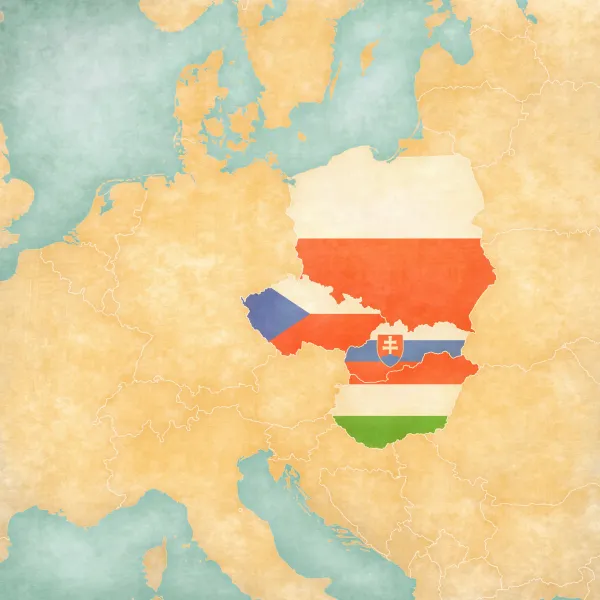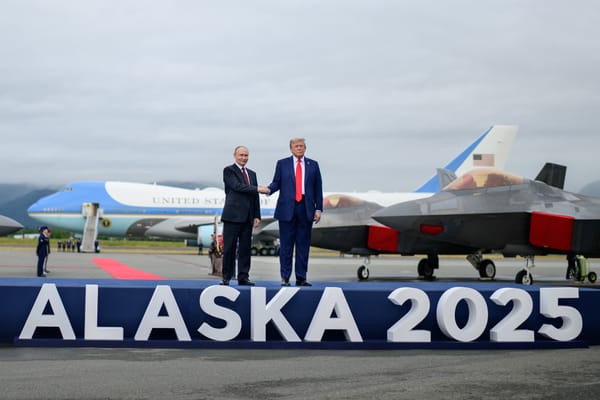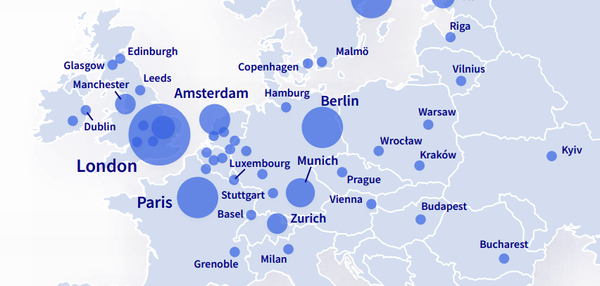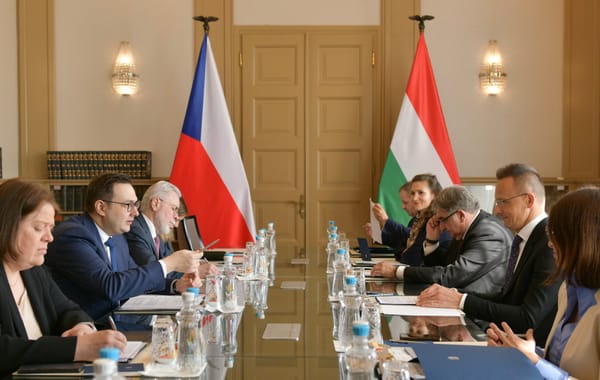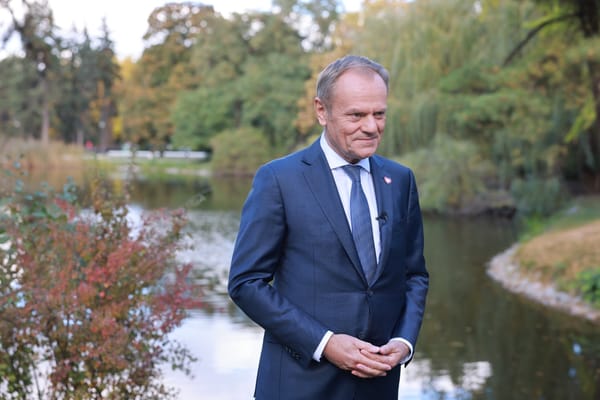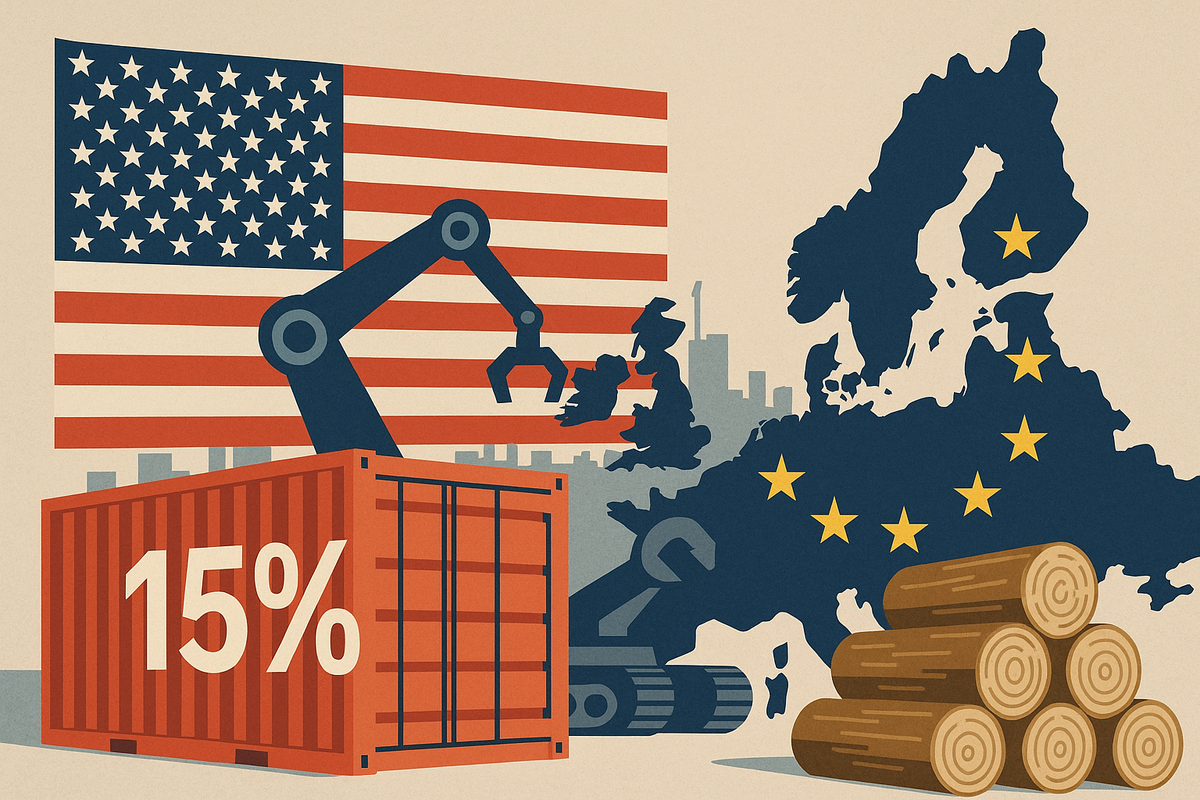
V4 braces for new US tariffs
The US-EU trade deal capping import duties at 15% will dent growth but avert a wider trade war, officials from the governments of the Visegrad Four nations (Poland, Czechia, Slovakia and Hungary) said on 28 July.
The deal has removed the threat of US plans for a 30% tariff, and the EU has shelved a EUR 93 bn counter‑tariff package in its wake.
Reactions across Central Europe were mixed, however. Polish Prime Minister Donald Tusk warned that the duties could cost Poland more than USD 2bn and hurt agriculture and manufacturing, although he called the compromise deal a “lesser evil” to a threatened 30% tariff.
Tusk added that the Polish government will seek compensation through EU funds. The Polish finance ministry said it was quantifying sector‑by‑sector impacts and preparing relief measures.
EU hails 'compromise', responses mixed in CEE
Slovak Prime Minister Robert Fico said the agreement had restored certainty and was “a good result”. The Czech Automotive Industry Association considers the 15% levy high but preferable to the previously threatened 27.5%.
European Commission (EC) vice‑president Maros Sefcovic called the 15% ceiling the “best possible compromise” to ease pressure on car makers when he spoke to Slovak state news agency TASR.
Sefcovic said negotiators have kept zero duties on aircraft parts and generic drugs after reviewing over 2,000 customs items. The agreement preserves the competitiveness of the auto and semiconductor industries, which had feared a 27.5% duty before the deal, he added.
Hungarian Prime Minister Viktor Orban said the EU had been “eaten for breakfast” in the negotiations, however. Hungary’s Foreign Ministry said it would pursue bilateral incentives with the US to mitigate the impact.
Steel, aluminium duties to remain at 50%
Steel and aluminium duties remain at 50%, while cars, machinery, chemicals and most agricultural goods will be subject to the 15 % rate. The EU also agreed to purchase USD 750bn of US energy over three years and invest USD 600 bn in the US. Sefcovic said the commitments would protect jobs and prevent carmakers from “haemorrhaging” losses.
The regional background is slow growth. Vehicles and car parts account for over a third of Slovak exports and about a fifth of Czechia's.
Brussels‑based think tank Bruegel forecasts the average US tariff on EU goods will rise to 15.2 %. As the governments in Warsaw, Prague and Bratislava debate targeted aid packages, Sefcovic said the EC will publish detailed customs schedules in August.

